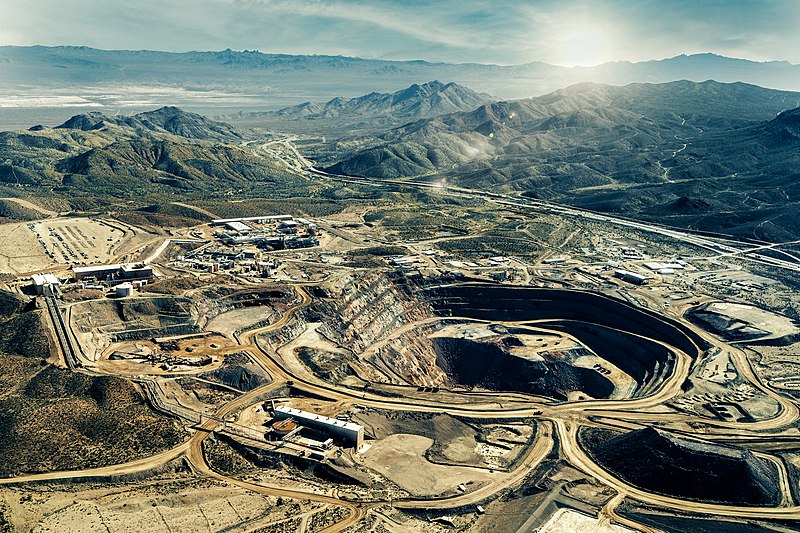By Micaela Burrow
The global drive to replace fossil fuels with climate-friendly energy alternatives has powered demand for rare earth minerals used in electric vehicle batteries and wind turbines, with major U.S. companies importing rare earths from Asia. In Myanmar, the process of mining these rare earths has produced environmental damage and human rights abuses, an Associated Press investigation found.
Chinese firms took advantage of the exploding rare earths industry until the government in 2012 tightened regulations on domestic mining, both to prevent deforestation from the mines and maintain Chinese reserves to help it stay competitive against the U.S., the investigation, dated Aug. 9, found. In response, the companies moved to mines in nearby Myanmar, where the government-backed militant groups in control allowed them to disrupt local economies and feed global supply chains for eager Western buyers.
“The cash that fuels these abuses ultimately comes from the world’s fast-growing demand for these minerals, driven by the scaling up of green energy technologies,” said Clare Hammond, a senior researcher at Global Witness, told the AP.
Myanmar’s jungle is now pocked by roughly 2,700 mines that have poisoned the country’s rivers, driven away endangered species and destroyed land-based jobs, the AP found. Militant groups in Myanmar seized land from villagers, and revenue from rare earth exports funnels to Myanmar’s junta government that is under international investigation for human rights abuses.
“It reminds me of the European colonial attitudes towards Africa,” a Chinese industry analyst told the AP. “You just can’t be relying on third-world-type mining practices in a dictatorship like Myanmar. It’s not sustainable.”
General Motors, Tesla, Apple, Mercedes and Volkswagen are just a few of as many as 78 companies that source rare earths out of Myanmar, the AP reported. Volkwagen told the AP that it conducted due diligence in making sourcing decisions, and Mercedes said it would reach out to suppliers for more details.
GM told the AP it was planning a shift to U.S.-based suppliers, noting that it “understood the risks” of sourcing rare earths from overseas, and Apple was not aware of any rare earths originating in Myanmar, a spokesperson told the Daily Caller News Foundation. However, experts told the AP that unenforced or unclear regulations mean buyers cannot be certain of a product’s origin.
“Nothing exists on auditing the Chinese supply chain,” Nabeel Mancheri, secretary general of the Rare Earth Industry Association, told the AP. “Downstream players simply rely on whatever certificate they get from Chinese companies.”
The U.S. has no federal regulatory system for rare earths, unlike “conflict minerals” whose supply lines are often controlled by militant groups, according to the AP. Companies are left to audit their supply chains independently, and many overlook environmental, social and governance (ESG) requirements.
Global demand for rare earths could balloon up to 700% by 2040, according to the International Energy Agency, as governments increasingly adopt policies intended to fight climate change. Senate Democrats passed the Inflation Reduction Act on Aug. 7, carving out billions to subsidize electric vehicles that could fuel further demand.
The Department of State, the White House and the Chinese embassy did not respond to the DCNF’s requests for comment.
Micaela Burrow is a contributor to the Daily Caller.
For more on rare earth minerals, click here.
For more on alternative energy, click here.
